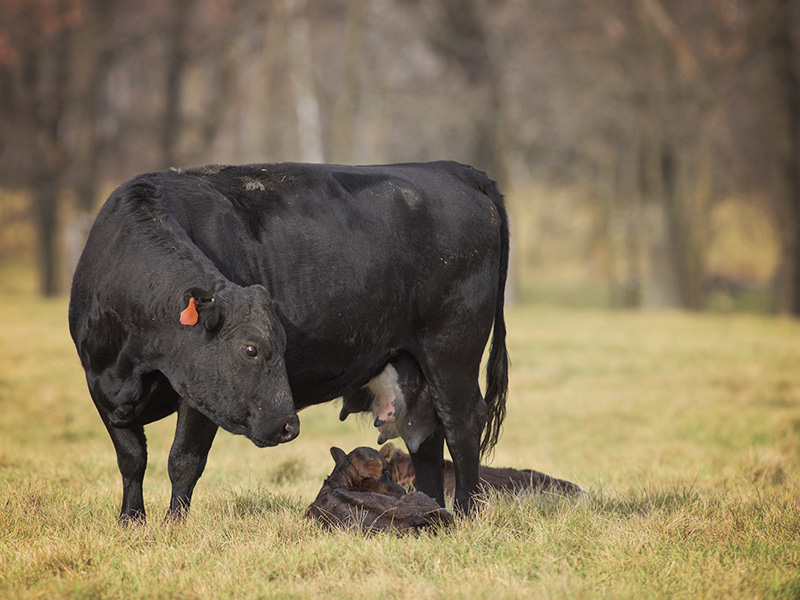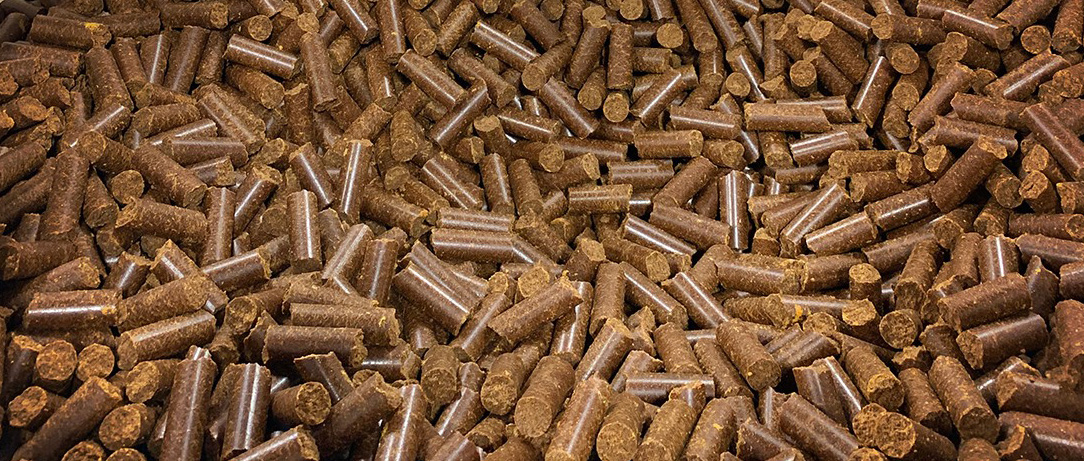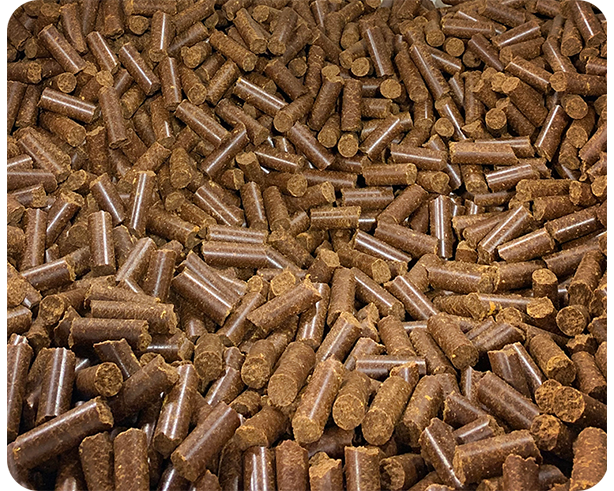While much needed rainfall may have lessened the impact of drought conditions for some producer in recent weeks, many are still facing difficult decisions for their operation. Still others in the wetter regions of the U.S. are preparing for the annual “summer slump” in pasture quality as forage matures. Both situations can leave you looking for ways to compensate necessary nutrients without sacrificing all your profits.
Nutrient Deficiencies Have Long-Term Consequences
As forage matures through the summer months, it becomes more and more deficient in useful nutrients, especially protein. With pasture quality often falling off quickly during mid to late summer, both growing cattle and cows are at risk of falling apart right along with it.
Unmanaged, nutrient-deficient forage can cause long-term consequences including reduced intake and digestion, loss of body condition, reduced daily gains, lower breeding percentages and insufficient milk production.
For cow-calf producers, mid to late summer is an important period when cows are in late lactation and either in the process of rebreeding or already pregnant. For producers with growing cattle on pasture, this is when cattle should be packing on pounds just ahead of the shipping season. In either case, proper nutrition management is crucial to avoiding significant losses.

Filling the Gap with Distillers Cubes
Along with other strategies like rotational grazing and culling lower performing cattle, adding a protein supplement is a common strategy for meeting nutrient needs in any situation where quality forage is scarce. Distillers grain cubes and pellets offer a versatile solution that can fit into many types of operations.
Distillers grain cubes provide a highly concentrated energy and protein source that is ideal for pairing with lower quality forages. By supplementing only a few pounds per head per day fed on the ground or in bunks, producers can eliminate the need to purchase high quality forage and offset a portion of pasture forage intake, helping save both dollars and acres. Distillers cubes can also be utilized with success in confined feeding operations without the need for top quality hay.
In the cow-calf sector, this equates to the ability to meet cow nutrient requirements and retain more cattle per acre even as forage is scarce. With an 8% fat and 28% protein guarantee, distillers cubes can help maintain or improve body condition, lactation and breed-back rates.
Research trials conducted in recent years have studied cattle grown on pasture using distillers cubes. Data has shown cattle supplemented with 100% distillers grain cubes doubled their bodyweight gain per acre over unsupplemented cattle, even at higher stocking rates. In one study, cattle not fed in the late summer dropped off to only 0.52 lbs. of gain per day compared to fed cattle gaining 1.94 lbs. per day in the same period. See complete trial data here.
Distillers grain pellets can also be utilized in early weaning calves to reduce the nutrient load on cows. Available in smaller pellet sizes, distillers cubes are highly palatable and provide a low-starch source of energy and protein to jumpstart rumen development and encourage early bone and muscle growth.

Timing Matters
While distillers cubes can be a valuable resource in maintaining profitability when forage is a challenge, it doesn’t pay to “wait and see.” It’s critical to be aware of your pasture’s current condition and evaluate regularly through the season. Adding a supplement before both forage and cattle start to decline is key to avoiding losses in performance and production.


